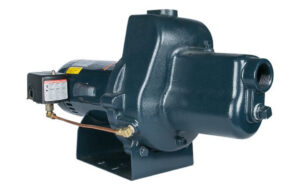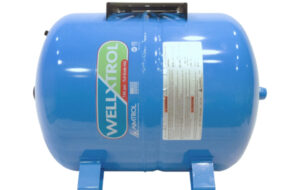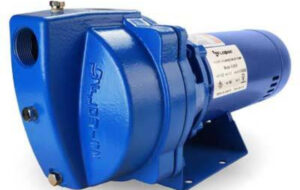
How to Prolong the Lifespan of Your Well Pump: A Homeowner’s Guide

1. Know Your Well Pump Type
2. Keep an Eye on Water Pressure
3. Inspect the Well Tank Regularly
4. Avoid Overworking Your Pump
5. Install a Sediment Filter
6. Schedule Regular Inspections and Maintenance
7. Address Hard Water Issues
8. Protect the Pump from Freezing
9. Maintain a Clean Area Around the Pump
10. Replace Worn Components When Necessary
Conclusion
Search
Categories
Archives
- December 2024 (1)
- November 2024 (1)
- October 2024 (1)
- September 2024 (1)
- April 2023 (3)
- March 2023 (1)
- January 2023 (1)
- July 2022 (2)
- June 2022 (1)
- May 2022 (1)
- April 2022 (2)
Recent Posts


Why Installing a Well Tank is Crucial for Maintaining Water Pressure

How to Prolong the Lifespan of Your Well Pump: A Homeowner’s Guide
A well pump is an essential part of your home’s water system. By properly maintaining and caring for it, you can avoid costly repairs and unexpected breakdowns. Extending the life

Why Installing a Well Tank is Crucial for Maintaining Water Pressure
When your home depends on a private well for water, ensuring consistent water pressure is essential for comfort and daily tasks. Whether it’s washing dishes, taking a shower, or watering
Get a Quote Now
Recent Post

How to Prolong the Lifespan of Your Well Pump: A Homeowner’s Guide
A well pump is an essential part of your home’s water system. By properly maintaining and caring for it, you can avoid costly repairs and unexpected breakdowns. Extending the life

Why Installing a Well Tank is Crucial for Maintaining Water Pressure
When your home depends on a private well for water, ensuring consistent water pressure is essential for comfort and daily tasks. Whether it’s washing dishes, taking a shower, or watering

The Value of Routine Maintenance and Inspections for Your Well Pump
A well pump serves as the backbone of your water system, delivering a consistent supply of clean water to your home or property. However, like all mechanical systems, it requires

